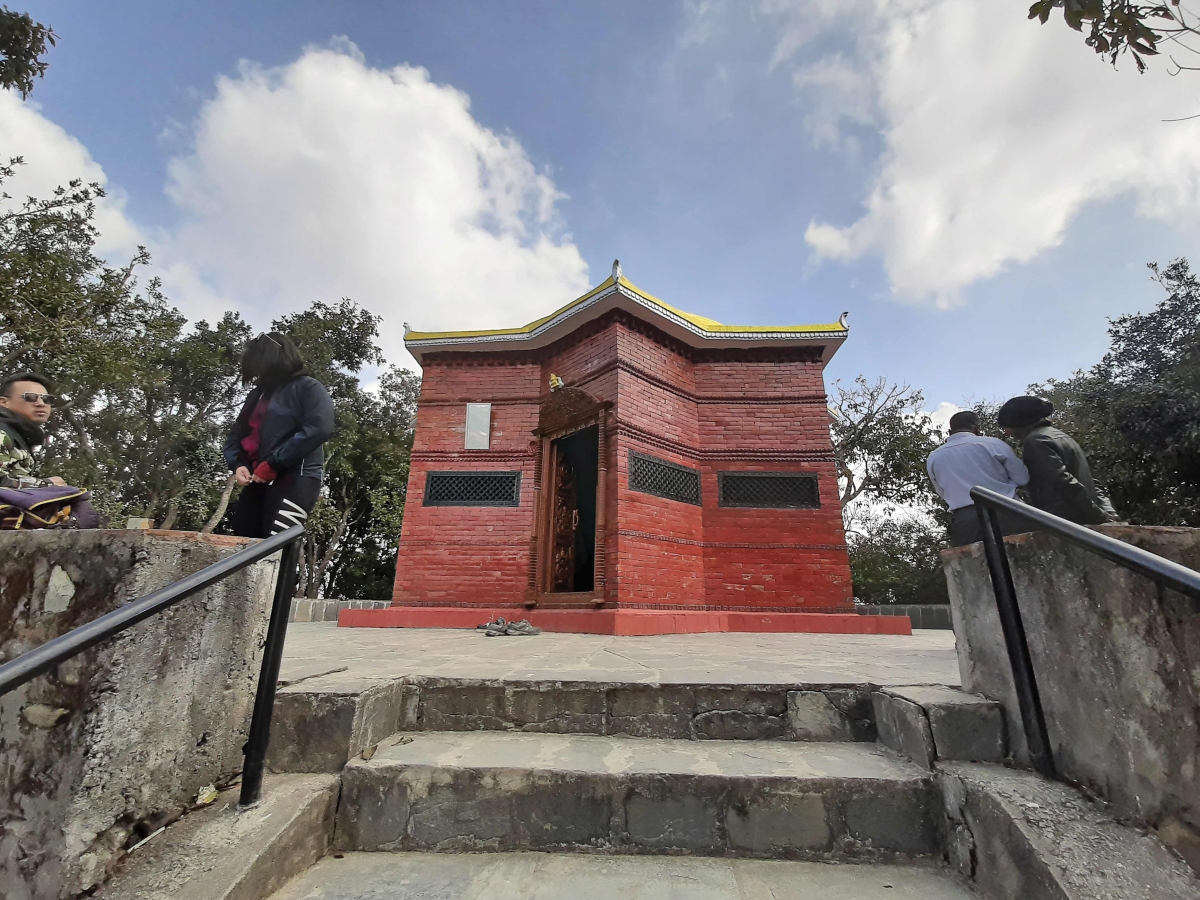The first blood donor of the country, Daya Bir Singh Kansakar pioneered the institution of social work in Nepal.
The beginning of most extraordinary happenings in the world is more often than not, camouflaged by the routine. Daya Bir Singh Kansakar was born into a middle class family, on Baisakh 22, 1968 B.S. (Bikram Sambat, the Nepali calendar) in the modest neighborhood of the now bustling Keltole in Kathmandu. The Buddhist traditions and culture that his mother Laxmi Devi Kansakar and father Bhawani Bir Singh Kansakar practiced at home had an early molding effect on the young Daya Bir’s personality. His father’s advice to “do work that helps protect the lives of many people” stayed with Daya Bir, guiding his decisions and helping him garner wide spread popularity and fame in his home country.
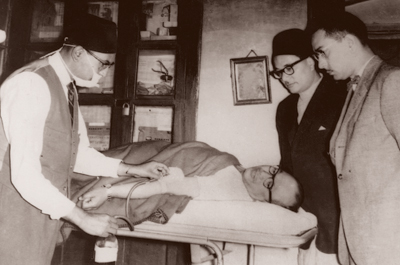
The young Daya Bir only studied until the eighth grade in Durbar School, but his thirst for knowledge and education was not limited to lessons in the classroom. With a bent towards social work from his formative years, Daya Bir’s compassion seemed to drive his numerous initiatives aimed towards lending a helping hand in his community. In time and with the support of those who agreed with his visions, his efforts taught and transformed the lives of thousands. This is the story of one man, who set out to do what most others merely wish they could.
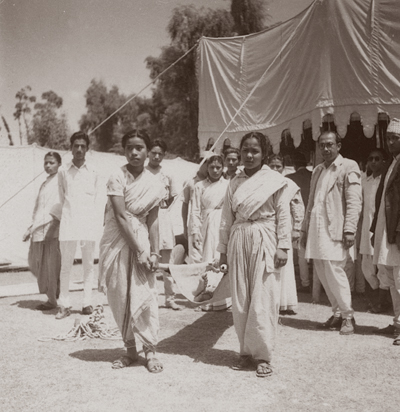
Compassion in the time of cholera
When cholera hit Nepal in the 1940’s, the population could not have been more unprepared. Education was still a privilege of the rich and the connected and health services were minimal. As a result, when cholera came, people perished in the hundreds. Kathmandu was not spared from its deadly, contagious toll either.
By that time, Daya Bir had already opened a free first aid center in his Kelotole, which is why people would often come to him for medical advice and assistance. Late one night, the sound of two women wailing for help woke up Daya Bir. Their family members were sick and were dying right in front of their eyes. With the misconception that dehydrated and diarrhea stricken people should not have water, many seemed to be dying of thirst, asking for water as they closed their eyes for the last time. Daya Bir decided that he could only help a small child, who seemed relatively healthier and brought him to his own home.
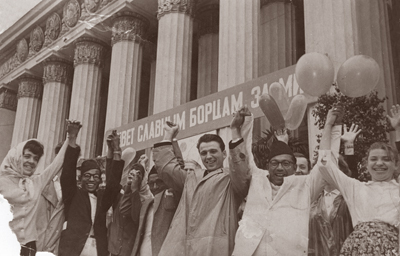
His community and family members were furious. How could he have thought of such a thing, what if it spread to his own? Daya Bir was adamant, threatening to leave his home and never set foot in the locality if the child perished. In the end, he had his way. Sending his family to their maternal home, Daya Bir cared for the child in his own home and nursed him back to health. The gravity of what he, one man, could do for another was not lost on him, affecting him immensely.
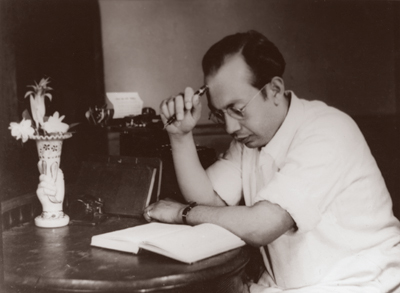
Another time, while visiting Bir Hospital, the only hospital in the country then, to meet his friend, the then Superintendent Dr. Dev Brata Das Gupta, he came across a woman sobbing uncontrollably. Her son was sick and without fresh blood, doctors said, he would most likely die. “You seem healthy and strong and your blood would match your child’s. Why don’t you donate blood yourself?” Daya Bir asked, at which the woman exclaimed, shocked, “If I give my own blood, wouldn’t I also die myself?” and continued to cry even more.
Blood donations were unheard of and the concept that the human body could reproduce blood could very well be a cruel joke. As luck would have had it, Daya Bir’s blood type matched that of the patient. The transfusion was successful, and the doctors were able to save the woman’s son. Fate seemed to be telling Daya Bir something and he was listening. This was the year 2000 B.S.
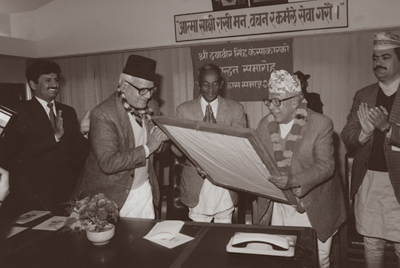
Inspired by both of these incidents and following what he most certainly believed to be his calling, Daya Bir established Paropakar Organization, the first welfare-oriented non-government organization in Nepal. The then Rana government issued the approval to establish Paropakar Dispensary in 2004 B.S., allowing it to organize young volunteers and donors to facilitate selfless service. The government however, remained wary of the activities of the organization’s activities, insecure that they might indulge in revolutionary acts. Since then, 18 Free Clinics with doctors and health assistants and 150 First Aid Centers have been set up; 168 offices in total, spread over 31 districts of the country, benefiting countless sick people. The organization has also reached the Nepali population in far-flung areas such as Dhorpatan, with a 5-bed station and a Health Assistant to aid the community.
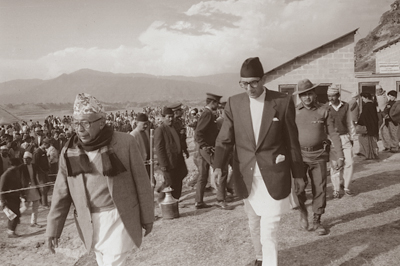
Prompt medical care was essential to ensure better health care, which Daya Bir originally started with as his primary goal. Often, ailing villagers from out of town would die on the way to the hospital. Until then, volunteers would run to the homes of the sick and carry them back on make shift stretchers. Paropakar Ambulance Service, the first of its kind in Nepal, was established and run from 2010 B.S., saving countless lives and adding efficiency to medical services in the country. Following up with his blood donation initiative, Daya Bir also organized frequent Paropakar Blood Donation campaigns, starting from 2018 B.S. One of his more tangible achievements in the medical field however would be the establishment of the Paropakar Shree Panch Indra Rajya Laxmi Devi Prasuti Griha, a maternity home, in 2016 B.S.
The story behind the hospital is testament to Daya Bir’s cleverness. It was known to most at the time that the then crown prince Mahendra’s wife, Indra Rajya Laxmi Devi had succumbed to health problems while giving birth. Having proposed the idea to Mahendra at a public felicitation program, Daya Bir had been promised aid for two beds in the hospital. Later when proposing the idea on paper, Daya Bir cleverly added Mahendra’s late wife’s name to the name of the hospital. Smiling and calling Daya Bir “chhattu” (shrewd), Mahendra went on to sponsor the entire, then 40-bed endeavor. Heeding the crown prince’s advice, Daya Bir also managed to obtain land for the hospital in Thapathali. Daya Bir was offered the post of Health Minister twice; once between 2009-2010 B.S by king Tribhuvan and later by Mahendra in 2013 B.S. when laying the foundation stone for the hospital. Daya Bir passed the opportunities both times, opting instead to focus on work through his organization.
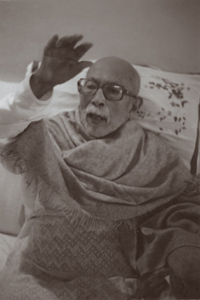 A Nepali orphanage and school
A Nepali orphanage and school
Noticing the pitiful conditions under which orphans and street children were living in Kathmandu, Daya Bir came up with the idea of a 25-bed orphanage. King Tribhuban endorsed it immediately, providing 25 ropanis of land for the project. Even members of the Rana family donated resources to add a floor to the facility, one Sur Shumsher going on to donate an entire library to the place. Soon, with the outpouring of support for the initiative, the orphanage expanded to 50 beds. The words Bahadur (brave) and Nepali replaced the last names of all children admitted, as an initiative to do away with the caste system that could create a problem at the orphanage. Striving to bring such changes in the society became a characteristic of all of Daya Bir’s farsighted efforts, whether it was through medical service or education.
Besides free education up to the seventh grade, the orphanage also provided basic training in shoemaking, weaving and tailoring. The students receive their share of any revenue generated from the sale of these products. Founded in 2009 B.S., Paropakar Adarsha High School was a natural extension of the orphanage. Paropakar Anathalaya Lower Secondary School, founded in 2009 was converted to Paropakar Adarsha High School in 2019 B.S. and further to Paropakar Higher Secondary School in 2057 B.S. The high school also took in other students besides the children supported by the orphanage, a step that aimed to mitigate the misconception that orphans were untouchables. The children who benefited from the orphanage and the school have gone on to become pilots, engineers, doctors, teachers and artists. All this was possible, because one person thought they needed a little help, a little push to bring meaning to their lives.
The list of Daya Bir’s achievements reads like the total achievement list of ten super humans. Daya Bir was appointed as a member of the Standing Committee in the Raj Sabha in 2020 B.S. He was the founding member of the Nepal Red Cross Society and Cooperative Organization, Nepal’s first cooperative society. He also founded the Karuna Ka:pa Karkhana, a cloth factory with the objective of promoting Nepalese cottage industries. Karuna is the Nepali word for compassion. The lion’s share of the profits made from this factory went into the pockets of those who had woven and sold the cloth in Kathmandu’s Indra Chowk, with the organization itself keeping only a small portion. Daya Bir also went on to become a Board Member of the Department of Cottage Industries of HMG-Nepal and the Founder Member of Nepal Handicrafts Industry Association.
Besides the gargantuan undertakings and over achievements that described his life, Daya Bir was also a closet litterateur, penning many a piece in Nepal Bhasa - his mother tongue. Eminent cultural expert and writer Satya Mohan Joshi, greatly affected by the life and work of Daya Bir, paid his respects stating Daya Bir to be as enlightened as a Bodhi Sattva. The man also contributed a great deal to Buddhist religious activities; Daya Bir was the honorary, lifelong Chairman of Swoyambhu Development Board as well as the Chairman of Lumbini Dharmodaya Committee. His contributions to promoting peace in the country were many; often shadowed by his social work. Daya Bir participated in the World Peace Conference held in Sri Lanka in 2014 B.S. and the World Conference on Peace and Disarmament held in Russia in 2019 B.S. A staunch supporter of democracy, Daya Bir was also involved in staging protests in the capital to bring back king Tribhuvan and democracy to Nepal.
Celebrating the legacy of Daya Bir
Jailed, threatened and rattled by the government, Daya Bir triumphed, through his achievements for sure, but more so through his exemplary spirit and compassion for others. From the Gorkha Dakshin Bahu in 2013 B.S., the Prabal Gorkha Dakshin Bahu in 2016 B.S. and the Prasiddha Prabal Gorkha Dakshin Bahu in 2056 B.S to being honored by the then Mayor of Kathmandu, Keshav Sthapit, as the first blood donor and pioneer social worker in 2054 B.S., Daya Bir was honored with many an award to commemorate his work.
The real celebrations of his achievements however are surely the smiles on the faces of the children at Paropakar’s orphanage or the glowing faces of new mothers at the Prasuti Griha maternity hospital. Daya Bir passed away in February 2001, an irreparable loss to the organization and to the country, leaving behind wife Chandra Laxmi, five sons and three daughters and tens of thousands of Nepalis who were in some way or the other, affected by his paropakar – altruism or charity.
This year, 2011 marks 100 years of Daya Bir’s birth and plans are underway to celebrate the man and his life of accomplishments. Work has finally started on realizing Daya Bir’s lifelong dream of establishing Paropkar Bridhashram (old age home) in Duwakot. Other plans are to set a statue of the towering personality within Paropakar Organization’s office premises, build a park to his name, a biography and a stamp marking 100 years of the birth of a man who tried and succeeded in a large extent to change the way Nepalis see each other and themselves.
Daya Bir’s role in starting social work activities that promoted altruism, welfare and humanity and in the establishment of related bodies and organizations was instrumental. By achieving all that he did in his lifetime and by becoming a model of selfless, social service for his fellow countrymen, Daya Bir became an institution in himself. Through works that will live on with and for generations to come, Daya Bir is a pride of the nation, a true son of the soil.


